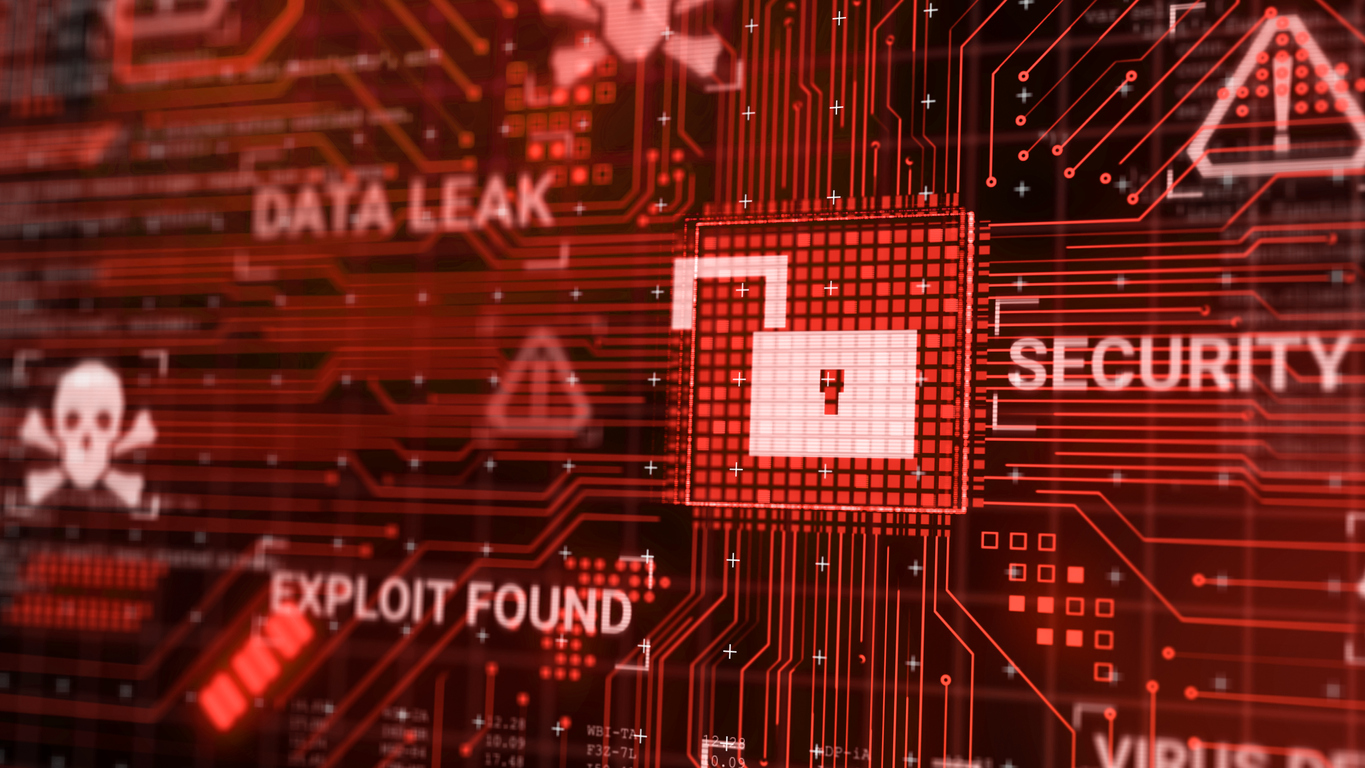Ethical Hacking 101: The Basics of Ethical Hacking

Table of Contents
Welcome to the fascinating world of ethical hacking! Whether you're a tech enthusiast or just curious about how hackers operate, this guide is your gateway to understanding the essentials of ethical hacking. Let's dive into the various types of hackers, their roles, and the teams that keep our digital world secure.
In today's digital age, cybersecurity is more critical than ever. Ethical hacking, also known as penetration testing or white-hat hacking, is a practice that helps organizations identify and fix vulnerabilities before malicious hackers can exploit them. This article will guide you through the basics of ethical hacking, its methodologies, tools, and how you can get started in this exciting field.
What is Ethical Hacking?
Ethical hacking involves legally breaking into computers and devices to test an organization's defenses. It's a proactive measure to ensure security systems are robust and to prevent unauthorized access. Ethical hackers use the same tools and techniques as malicious hackers but with the organization's permission and in a lawful manner.
The primary goal is to identify vulnerabilities, provide solutions to fix them, and ensure the security of the organization's digital infrastructure. Ethical hacking is an essential part of a comprehensive cybersecurity strategy.
Types of Hackers
Hackers come in different shades, each with unique motives and methods. Let's explore the diverse hacker personas you'll encounter in the cyber world.:

- White Hat Hackers: Ethical hackers who help organizations improve their security, using their skills to identify vulnerabilities and fix them.
- Black Hat Hackers: Malicious hackers who exploit vulnerabilities for personal gain, engaging in illegal activities such as stealing data or money.
- Grey Hat Hackers: A mix of white and black hat hackers, who may use illegal methods to expose vulnerabilities but don't exploit them for personal gain.
- Red Hat Hackers: Aggressive hackers who attack black hat hackers, using their skills to take down malicious hackers and protect others.
- Blue Hat Hackers: Outside security consultants who are hired to test an organization's security, similar to white hat hackers but may not be employed by the organization.
- Green Hat Hackers: Inexperienced hackers who are new to the field, may not have the skills or knowledge to be effective, but are eager to learn.
- Script Kiddies: Inexperienced hackers who use pre-existing tools and scripts to launch attacks, lacking the skills to create their own exploits, but can still cause damage.
Understanding these distinctions is crucial for anyone interested in ethical hacking, as it underscores the importance of intent and legality in hacking activities.
Ethical Hacking Methodologies
Ethical hacking follows a structured approach to ensure thorough testing and analysis. Common methodologies include:
- Reconnaissance: Gathering information about the target system to find potential entry points.
- Scanning: Using tools to discover open ports, services, and vulnerabilities.
- Gaining Access: Exploiting vulnerabilities to access the system.
- Maintaining Access: Ensuring continued control over the system for further analysis.
- Covering Tracks: Erasing evidence of the hacking activities to prevent detection.
These steps help ethical hackers systematically assess and enhance security measures.
Tools and Techniques
Ethical hackers utilize a variety of tools and techniques to identify and exploit vulnerabilities. Some popular tools include:

- Nmap: A network scanning tool for discovering hosts and services.
- Metasploit: A framework for developing and executing exploit code against a remote target machine.
- Wireshark: A network protocol analyzer for network troubleshooting and analysis.
- Burp Suite: An integrated platform for performing security testing of web applications.
These tools, combined with a deep understanding of cybersecurity principles, enable ethical hackers to perform comprehensive security assessments.
Legal Implications
Ethical hacking must always be conducted with explicit permission from the target organization. Unauthorized hacking is illegal and punishable by law. Ethical hackers typically operate under a legal agreement known as a "penetration testing contract" or "ethical hacking agreement," which outlines the scope and limitations of their activities.
Adhering to legal and ethical standards is paramount to maintaining professionalism and trust in the field of cybersecurity.
Getting Started as an Ethical Hacker
Becoming an ethical hacker requires a solid foundation in computer science and cybersecurity. Here are some steps to get started:
- Education: Pursue relevant degrees or certifications such as CEH (Certified Ethical Hacker) or OSCP (Offensive Security Certified Professional).
- Skills Development: Learn programming languages, networking, and operating systems.
- Practical Experience: Gain hands-on experience through labs, simulations, and real-world projects.
- Stay Updated: Cybersecurity is a rapidly evolving field. Continuously update your knowledge and skills.
With dedication and continuous learning, you can build a rewarding career in ethical hacking.
Conclusion
In this article, we've covered the basics of ethical hacking, including the different types of hackers, the importance of ethical hacking, and the skills required to become an ethical hacker. We've also discussed the various phases of ethical hacking, from reconnaissance to reporting, and highlighted the importance of obtaining proper permission and following a code of ethics. As we've seen, ethical hacking is not only a valuable skillset, but it's also a lucrative career path for those who are passionate about cybersecurity. With the increasing demand for ethical hackers, it's an exciting time to enter this field and make a real difference in the fight against cybercrime.
Ethical hacking is a vital component of modern cybersecurity. By understanding the principles, methodologies, and tools of ethical hacking, you can help protect organizations from cyber threats and contribute to a safer digital world. As cyber threats evolve, the role of ethical hackers becomes increasingly important in safeguarding our digital infrastructure.
Embrace the challenge, stay ethical, and make a positive impact in the world of cybersecurity.